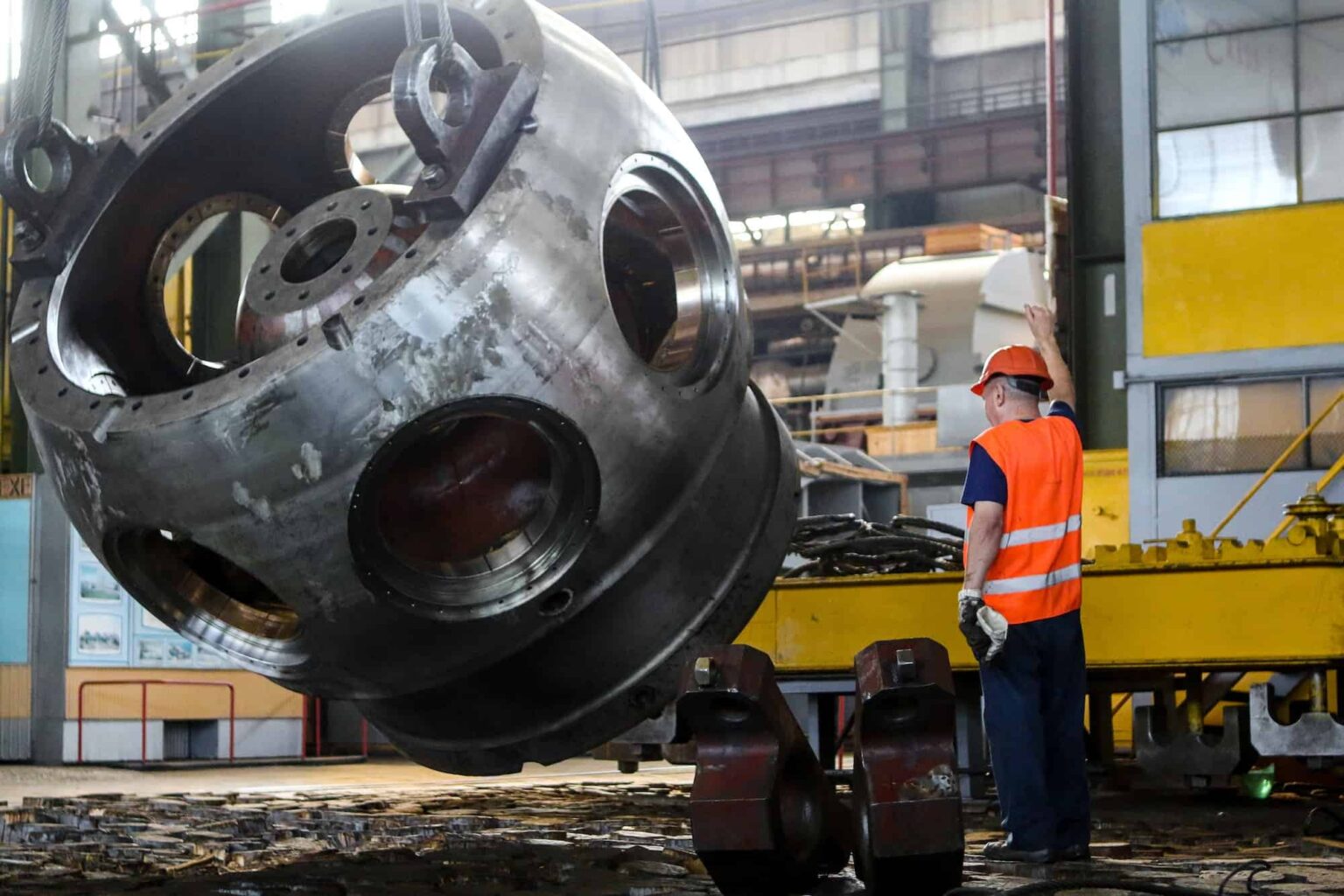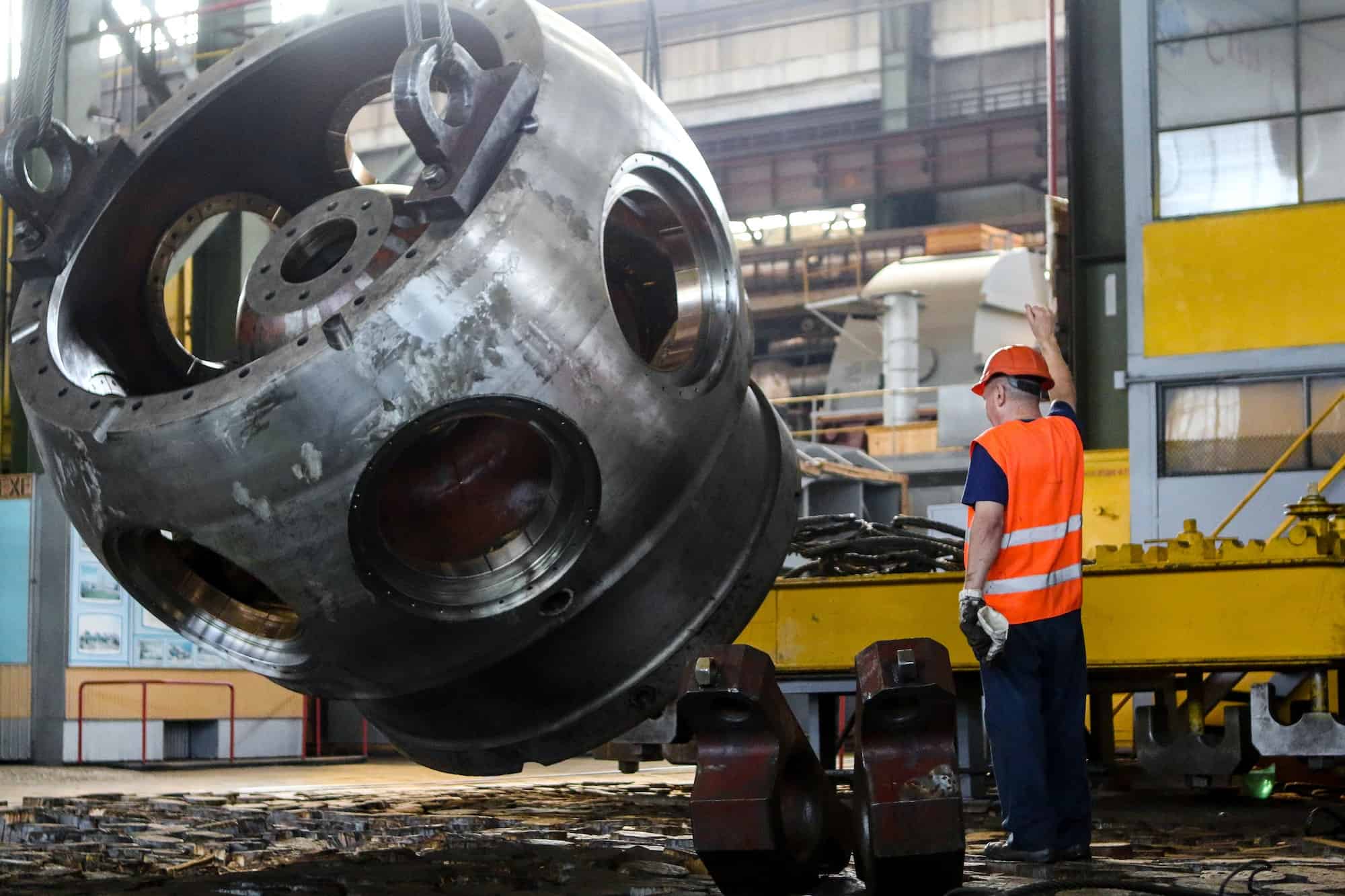If you have a workers’ compensation claim, it might be difficult to decide whether to settle or whether to fight. The answer will vary depending on the facts of your individual situation. Some people want to settle their claim to save the hassle of what could be a long, drawn out battle. Others do not want to potentially risk losing a claim or issue at a hearing. Whatever you choose to do, it’s important that you confer with an experienced attorney. An attorney well-versed in workers’ compensation benefits can help you understand what you might be giving up, what you will potentially gain, and what your other options might be.
What Are the Benefits and Drawbacks of Settling?
When you settle an Ohio workers’ compensation claim, you receive an agreed-upon lump sum amount in exchange for promising not to pursue any more benefits for your injury. There is typically a written settlement agreement or series of BWC forms that are necessary to effectuate a settlement. After you have settled a claim, you agree that you no longer have any rights to pursue benefits or compensation associated with your claim. The benefit of settling is that you know the exact amount you will be receiving and you no longer run the risk of an unfavorable ruling being made in your claim.
How to Settle Your Claim
If your employer is insured through the Ohio Bureau of Workers’ Compensation (BWC), you can begin the settlement process by completing the necessary BWC forms. Depending on the age of the claim, it may or may not be necessary that your employer participate directly in the settlement discussions. If your employer is self-insured, the BWC does not play any role in the settlement process. In the case of a self-insured employer, either you or your attorney can contact the employer to begin settlement discussions.
It can often be difficult to determine the best time to explore settlement. For some, settlement discussions might begin after an injured worker has reached “maximum medical improvement,” which means your condition is stable and medical professionals think you will no longer improve even with further intervention. For others, settlement discussions may take place while an injured worker is still receiving benefits and treatment. Because no claims are exactly alike, decisions regarding the timing of settlement must be made on a case by case basis.
Once you or your attorney agree to a settlement with the BWC (or self-insured), you will have 30 days to revoke your acceptance of the agreement. After the 30 days have passed, you are legally bound to the settlement.
Only you and your attorney can determine whether a settlement is the right decision. Make sure you have sound legal advice before signing your rights away. The experienced team at Dworken & Bernstein would be happy to consult with you. Call us today to explore your options.








